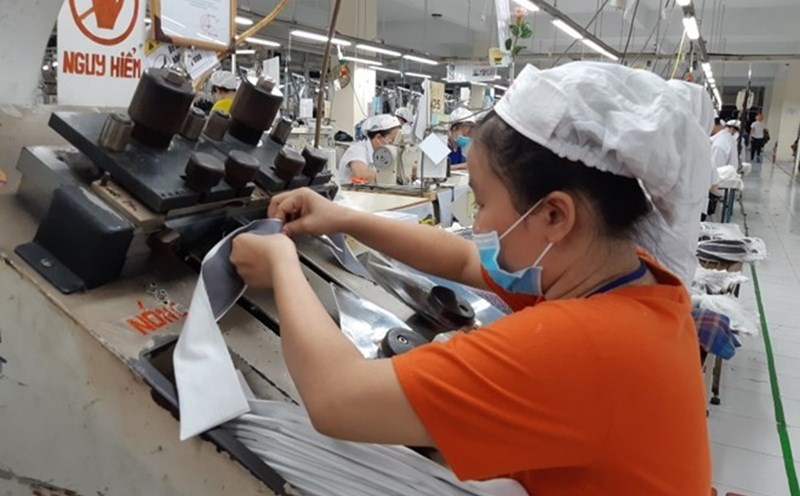Mr. Hoang Quang Hung (Ha Dong ward, Hanoi) graduated with honors in Electronics and Telecommunications Engineering from the Academy of Posts and Telecommunications Technology.
Graduating in mid-2023, Mr. Hung confidently applied for a job with an excellent degree, a "hot" major. However, after nearly half a year and interviewing with dozens of businesses, Mr. Hung was rejected with the reason of "not having much experience" or "not having much experience".
Mr. Hung said that during his studies at the school, he did an internship and worked part-time at an electronic components company. However, the employer did not highly appreciate the internship and overtime work because they thought it was "not significant".
I was really surprised by the requirement that recent graduates have work experience. In fact, the most experience we can accumulate is the internship and extra work process when we were students. If any business requires experience, perhaps in the labor recruitment information, it should always be announced that it will not recruit new graduates," Mr. Hung said indignantly.
Currently, Mr. Hung has found a job as a technician at an electromechanical equipment trading center. After 2 years of struggling to find a job, Mr. Hung accepted to do his current job, accumulating experience waiting for better job opportunities.
Ms. Hoang Thi Thuy (from Hung Yen) talks about the process of applying for a garment worker in Hanoi. In 2024, Ms. Thuy, following her cousin's introduction, went to Hanoi to work as a garment worker. After a week at her cousin's house, traveling to Hanoi's industrial parks, Ms. Thuy saw dozens of businesses recruiting people, but most of them required "minimum 1 year of skills/experience".
I was very surprised by this requirement because I thought I was applying for a job from unskilled workers, the job did not require too much, so the company will support me with guidance/training. In the end, I did not ask to become a garment worker but found a job that was completely opposite to my original plan: serving at a restaurant, Ms. Thuy said.
Analyzing this issue, Ms. Nguyen Thi Lan Huong - former Director of the Institute of Social Labor Science - said that most businesses recruiting human resources need people with certain skills and expertise, but the majority of workers looking for jobs are new graduates or even unskilled workers. "The imbalance between workers' capacity and business requirements makes it difficult for the labor market to meet each other," said Ms. Huong.
According to Ms. Huong, in recent times, many businesses have encountered difficulties in recruiting workers, especially workers with technical expertise who have received vocational training and have experience. The main reason is that the supply of trained labor is not enough to meet market demand.
Large enterprises are increasingly focusing on recruiting workers with high technical expertise, especially in jobs specializing in information technology, engineering, etc. In addition to qualifications requirements, many enterprises require workers to have experience in the field of application. This reality causes difficulties for workers and for businesses that have recruitment needs. Based on the developments in the labor market, businesses should lower standards, be less selective, and even consider the story of retraining workers to meet labor supply and demand, Ms. Huong stated.
In 2024, businesses across the country will need to recruit about 1.9 million workers, of which 44% are unskilled, 19,9% have university degrees or higher, and about 37% have intermediate and college degrees (equivalent to about 700,000 people).
Compared to the labor supply at this level of vocational education, there is a shortage of about 200,000 - 300,000 people.












